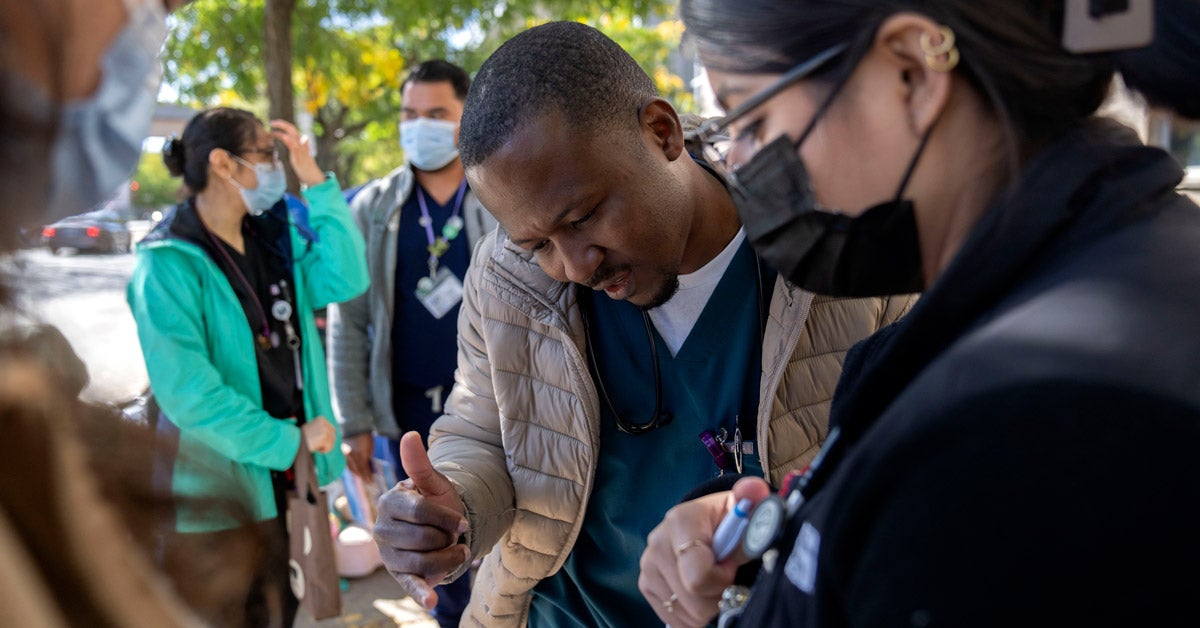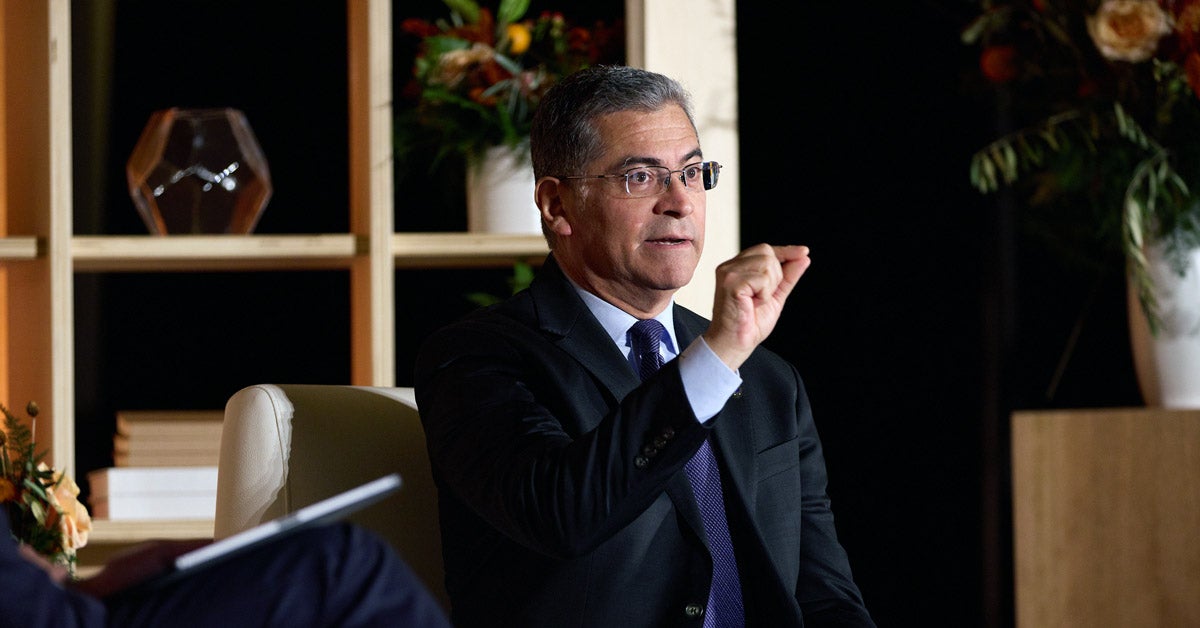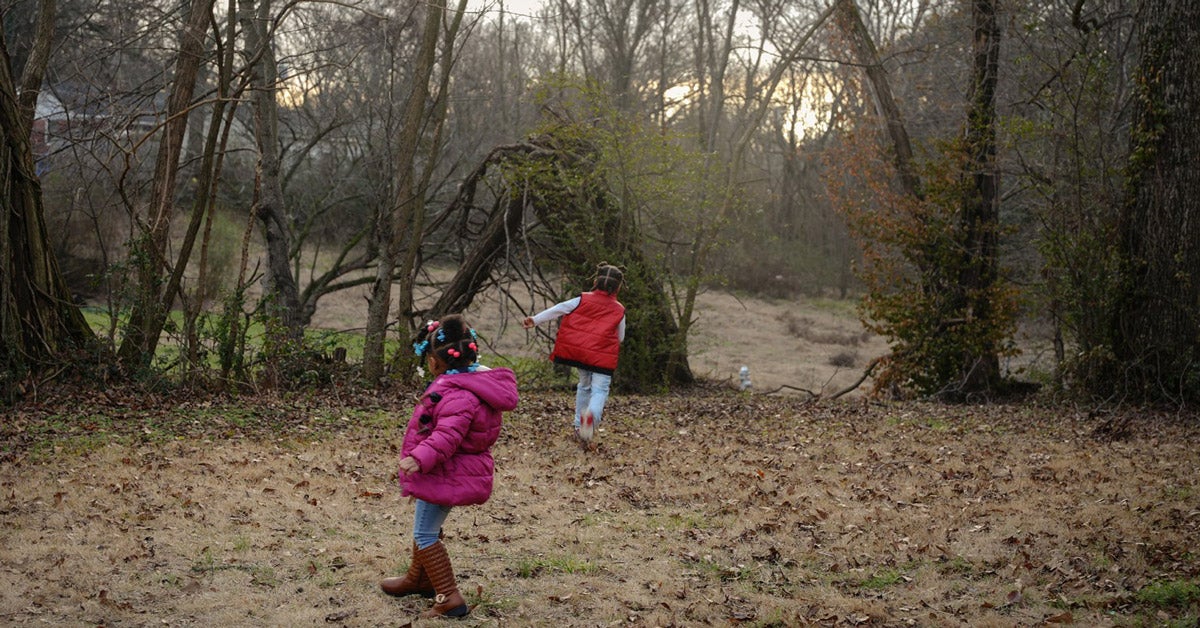Newsletter
HPH Weekly: Four ways to fix the U.S. refugee mental health crisis
This edition of Harvard Public Health Weekly was sent to our subscribers on Feb. 29, 2024. If you don’t already receive the newsletter, subscribe here. To see more past newsletters, visit our archives.
Four ways to fix the U.S. refugee mental health crisis

U.S. asylum seekers and refugees face enormous rates of depression, anxiety, and PTSD, and the nation’s broken mental health system isn’t helping. Anika Nayak and Divya Chhabra suggest four solutions for what is fast becoming a crisis. “For decades, immigrants have built our country,” they write. “The least we could do is protect them.”
Xavier Becerra talks mifepristone, Alabama IVF at WSJ Q&A

At the WSJ Health Forum, U.S. Health and Human Services Secretary Xavier Becerra talked about the Alabama Supreme Court’s decision to grant frozen embryos status as children: “It’s hard to understand. I would use the word ‘absurd,’ but my counsel would probably tell me not to.” Becerra’s comments also covered SCOTUS’s mifepristone case, lowering drug prices, and the low rate of COVID booster coverage in the U.S.
Memphis’s lead problem

We’ve known for nearly 45 years that even minor lead exposure poses massive risk to kids’ developing brains, yet lead exposure remains a risk in cities across the U.S. In Memphis, Tennessee, lead is exacerbating three of the city’s most pressing issues—education, health, and public safety—but local leaders have taken little action.
This story was originally published by MLK50: Justice Through Journalism.
What we’re reading this week
- Is Tennessee aiding the “silent killer”? | Public Health Watch
- Aporkalypse Now: Bearded pigs face environmental peril | Think Global Health
- East Palestine, Ohio, one year later | Inside Climate News
- COVID-19 accelerated antidepressant prescriptions among certain groups, study suggests | The Detroit News
- Rocky rollout for Colorado’s new EpiPen price cap | The Denver Post
Sign up for Harvard Public Health
Delivered to your inbox weekly.